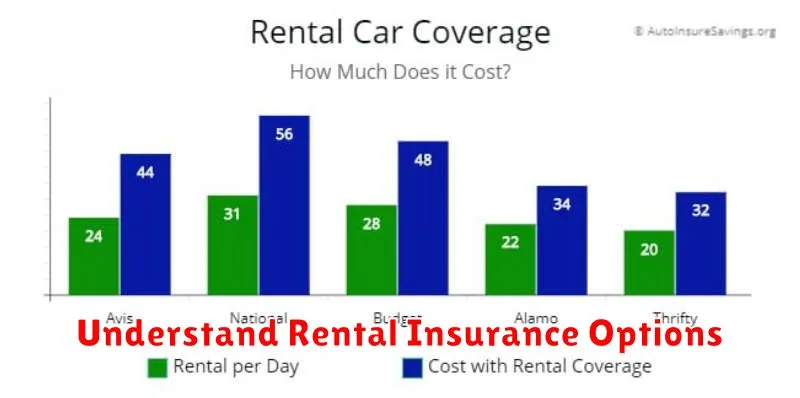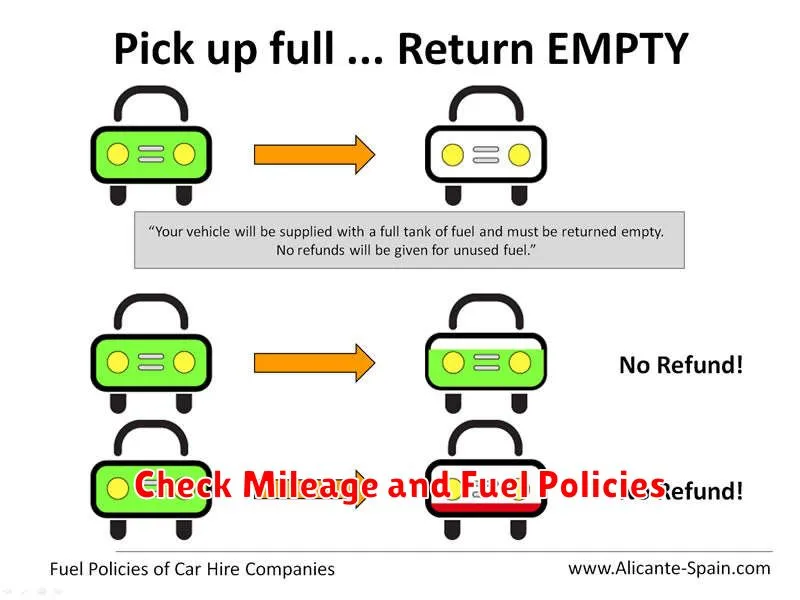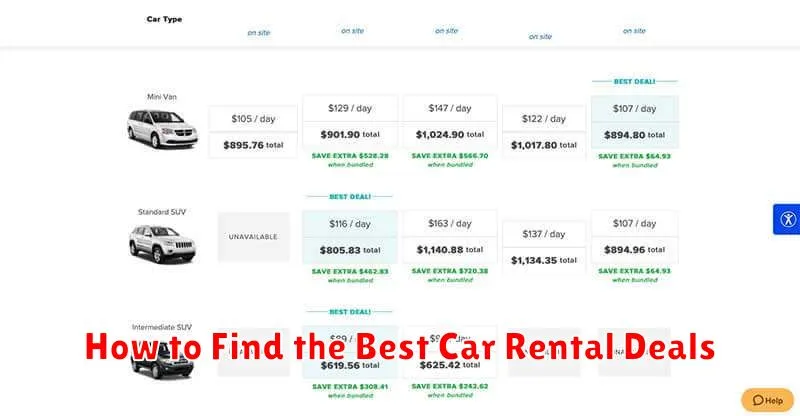Finding the best car rental deals can be a challenge, especially with so many companies vying for your business. Navigating the myriad of options, from comparing prices and understanding insurance to deciphering hidden fees and restrictions, can feel overwhelming. This guide will provide you with proven strategies and valuable insights to help you secure the best car rental deals available, ensuring you get the most value for your money while enjoying a smooth and hassle-free rental experience. Whether you’re planning a weekend getaway, a business trip, or a long vacation, mastering the art of finding cheap car rentals is essential for any savvy traveler.
From utilizing car rental comparison websites to understanding the nuances of rental car insurance and leveraging discount codes, this article will equip you with the knowledge necessary to confidently find the best car rental deals. Learn how to compare car rental prices effectively, identify potential pitfalls, and ultimately secure the perfect vehicle for your needs at the lowest possible price. Discover the secrets to unlocking significant savings and avoid common mistakes that can inflate your car rental costs. Start your journey to finding the ideal car rental deal today.
Compare Prices Across Platforms
Don’t limit your search to a single car rental website. Comparing prices across multiple platforms is crucial for securing the best deal. Utilize online comparison tools that aggregate results from various companies, allowing you to view a range of options side-by-side. This approach helps you quickly identify the most competitive rates for your desired vehicle type and rental duration.
In addition to comparison websites, it’s wise to check the prices directly on the car rental companies’ websites. Sometimes, companies offer exclusive deals or discounts not available through third-party platforms. Direct booking can also offer benefits such as loyalty program rewards or enhanced customer service options. By considering all available avenues, you increase your chances of finding the absolute best deal.
Book in Advance for Discounts
One of the most effective ways to secure a lower price on your car rental is to book ahead of time. Advance booking often allows access to early bird discounts and a wider selection of vehicles.
Rental companies typically offer lower rates for reservations made weeks or even months in advance, especially during peak travel seasons. This is because they can better manage their fleet and predict demand. Last-minute bookings are often subject to higher prices due to limited availability.
How far in advance should you book? While the sweet spot varies, booking two to four weeks prior to your trip is generally recommended. However, for popular destinations during holidays or special events, booking even earlier is advisable.
Be aware that pre-paid reservations may have stricter cancellation policies. Carefully review the terms and conditions before confirming your booking.
Understand Rental Insurance Options

When renting a car, you’ll be presented with several insurance options. Understanding these choices is crucial for protecting yourself financially.
Collision Damage Waiver (CDW) or Loss Damage Waiver (LDW): This waives your financial responsibility if the rental car is damaged or stolen. Consider your personal auto insurance policy and credit card benefits, as they may already offer similar coverage. CDW/LDW often comes with exclusions, so carefully review the terms.
Supplemental Liability Insurance (SLI): This provides additional liability coverage beyond the minimum required by state law. It protects you against claims if you cause an accident resulting in injury or property damage to others.
Personal Accident Insurance (PAI): This covers medical expenses for you and your passengers in case of an accident. Your health insurance may already provide similar coverage.
Personal Effects Coverage (PEC): This covers loss or damage to your personal belongings inside the rental car. Your homeowner’s or renter’s insurance may already offer similar protection.
Carefully consider your existing insurance coverage before purchasing rental car insurance. Choosing wisely can save you money without compromising your protection.
Check Mileage and Fuel Policies

Mileage limits can significantly impact the overall cost of your rental. Some companies offer unlimited mileage, while others impose daily or weekly limits. Exceeding these limits can result in extra charges. Carefully consider your planned itinerary and choose a mileage policy that suits your needs. For shorter trips, a limited mileage option might suffice, but for extensive driving, unlimited mileage is often more cost-effective.
Fuel policies also vary. The most common options are:
- Full-to-full: You pick up the car with a full tank and are expected to return it full. This generally offers the best value.
- Pre-purchase: You pay for a full tank upfront and can return the car empty. This can be convenient but might be more expensive if you don’t use all the fuel.
- Partial refund: You pre-purchase a full tank and receive a partial refund for unused fuel. Be aware of potential refueling charges.
Always carefully review the fuel policy to avoid unexpected expenses. Compare the cost of refueling yourself versus the rental company’s rates to determine the most economical option.
Avoid Airport Pickup Fees
One of the most common, and often avoidable, car rental fees is the airport surcharge. These fees can significantly increase the overall cost of your rental. Consider off-airport rental locations. Renting from a location just a short distance from the airport can often result in substantial savings.
Utilize hotel shuttles. Many hotels offer free shuttle services to and from the airport. Taking advantage of this service allows you to pick up your rental car at a nearby off-airport location without incurring taxi or ride-share expenses.
Check for membership discounts. Organizations like AAA or AARP often have partnerships with rental companies that waive airport fees for their members. Verify your eligibility before booking.
Inspect the Vehicle Before Driving

Before you drive off the rental lot, take the time to thoroughly inspect the vehicle. This crucial step can save you from potential disputes and unexpected charges later on. Document any existing damage to avoid being held responsible for it.
Exterior: Carefully examine the body for dents, scratches, or any other signs of damage. Check the tires for proper inflation and tread depth. Note the condition of the lights, indicators, and windows.
Interior: Inspect the upholstery for tears or stains. Ensure all the controls and features are functioning correctly, including the air conditioning, radio, and power windows. Check the fuel gauge and mileage reading.
Documentation: Make sure you have all the necessary documents, including the rental agreement, insurance information, and the vehicle’s registration. Verify the emergency contact information provided by the rental company.
Know Local Traffic Rules
Before you hit the road in your rental car, take the time to familiarize yourself with the local traffic laws. Driving regulations can vary significantly between countries and even within different regions of the same country. Ignoring these rules can lead to hefty fines and even jeopardize your safety.
Key areas to research include speed limits, right-of-way rules, parking regulations, and any unique local laws. For example, some areas may have restrictions on cell phone use while driving, or specific requirements for roundabouts.
Understanding local traffic signals is also crucial. Be aware of any unique signals or road markings you may not encounter in your home country. Researching these beforehand will ensure a smoother and safer driving experience.

